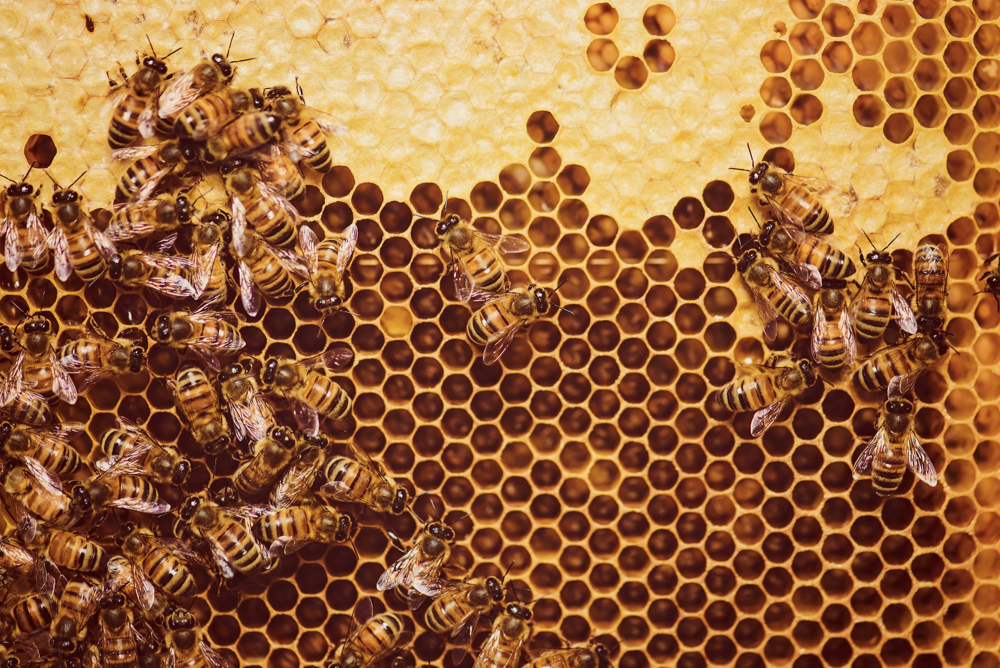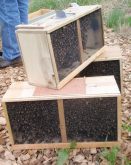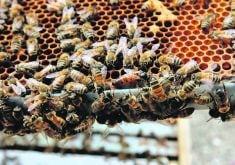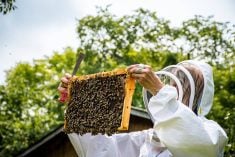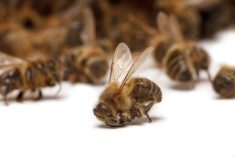Honey production capacity is likely to drop by 10 to 20 per cent this year due to various COVID-19-related issues.
“A lot of beekeepers are planning to run less bees this year based on diminished capacity for labour,” said Mark Friesen, chair of the Manitoba Beekeepers Association.
Border closures and airline shutdowns related to COVID-19 made it difficult for international seasonal workers to arrive in Manitoba. Friesen estimated about 80 per cent of expected workers have arrived.
Read Also

Best before doesn’t mean bad after
Best before dates are not expiry dates, and the confusion often leads to plenty of food waste.
Beekeepers teamed up to charter planes to bring international beekeepers to Canada. Friesen said some wanted to charter another plane, but doesn’t expect that will happen.
Paul Gregory, who farms near Fisher Branch, hasn’t had any of his usual four or five Filipino beekeepers arrive. They’ve been held up in the Philippines by administrative and logistical challenges.
Gregory has hired a young chef from Montreal and some students, and said, “We’re kind of making do.”
He reduced production to between 1,300 and 1,400 bee colonies from 1,800 because of his lack of experienced staff.
“That’s kind of a hit there,” he said. “You can only manage so many new staff.”
Friesen said supply chains for new bee stock has been a bigger issue than labour.
Many beekeepers bring in queens from places like Chile, New Zealand, and Australia, said Friesen. These bees often travel on passenger airplanes, many of which were grounded as the pandemic set in.
In an ordinary year, between 40,000 and 60,000 packages of bees would come to Canada from those countries to replace winter bee losses, according to a report from the Western Producer.
Chartering a flight to bring in bees was deemed too expensive. “The best strategy becomes just to be scaling back your operation,” Friesen said.


